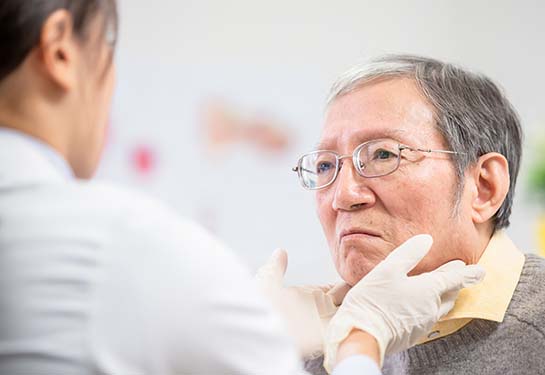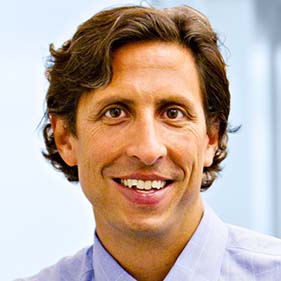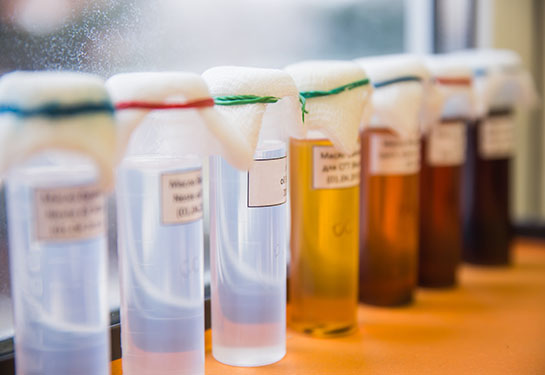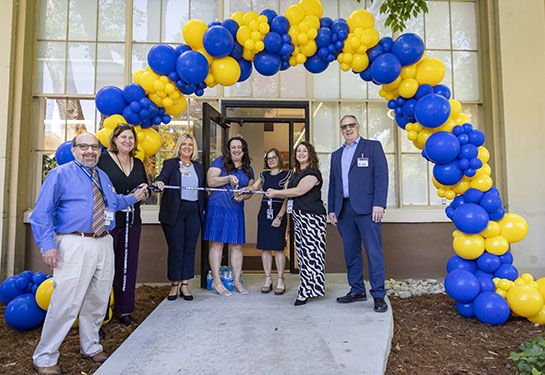$11 million investment in cell therapy to help throat cancer patients heal
The California Institute for Regenerative Medicine (CIRM) is investing more than $11 million to fund a clinical trial testing a cell therapy to help throat cancer patients heal from the devastating effects of radiation therapy. The phase II trial is being conducted by otolaryngology (ear, nose and throat) professor Peter Belafsky who is also director of the UC Davis Health Center for Voice and Swallowing.
It’s estimated that every year more than 65,000 Americans will be treated for head and neck cancer. One devastating and debilitating side effect of the treatment is dysphagia, or difficulty swallowing.
This is a potential game-changer for the uncounted cancer survivors living with the consequences of radiation toxicity. “This is an incredible win for our team at UC Davis and our patients who have been in relentless pursuit of a ‘cure for the cure.’”—Peter Belafsky, director, UC Davis Heath Center for Voice and Swallowing
Belafsky and his team are developing a therapeutic approach using Autologous Muscle Derived Progenitor Cells (AMDC) derived from a biopsy of the patient’s own muscle elsewhere in the body. The cells are injected into the tongue of the patient, where they fuse with existing muscle fibers to increase tongue strength and ability to swallow.
“This is a potential game-changer for the uncounted cancer survivors living with the consequences of radiation toxicity,” said Belafsky. “This is an incredible win for our team at UC Davis and our patients who have been in relentless pursuit of a ‘cure for the cure.’”
Patients with head and neck cancer often undergo surgery and/or radiation to remove tumors. As a result, they may develop problems swallowing and this can lead to serious complications such as malnutrition, dehydration, social isolation, or a dependence on using a feeding tube. Patients may also inhale food or liquids into their lungs causing infections, pneumonia, and death. The only effective therapy is a total laryngectomy where the larynx or voice box is removed, leaving the person unable to speak.
“Dysphagia is not only a serious problem for people recovering from head and neck cancer, it’s also a problem for millions of older Americans,” says Maria T. Millan, President and CEO of CIRM. “This approach has the potential to make life better for millions of Californians who are experiencing swallowing disorders but have no effective treatment options.”
With $5.5 billion in funding and more than 150 active stem cell programs in its portfolio, CIRM is one of the world’s largest institutions dedicated to cellular medicine, currently funding 80 clinical trials.
UC Davis Comprehensive Cancer Center
UC Davis Comprehensive Cancer Center is the only National Cancer Institute-designated center serving the Central Valley and inland Northern California, a region of more than 6 million people. Its specialists provide compassionate, comprehensive care for more than 100,000 adults and children every year and access to more than 200 active clinical trials at any given time. Its innovative research program engages more than 240 scientists at UC Davis who work collaboratively to advance discovery of new tools to diagnose and treat cancer. Patients have access to leading-edge care, including immunotherapy and other targeted treatments. Its Office of Community Outreach and Engagement addresses disparities in cancer outcomes across diverse populations, and the cancer center provides comprehensive education and workforce development programs for the next generation of clinicians and scientists. For more information, visit cancer.ucdavis.edu.





